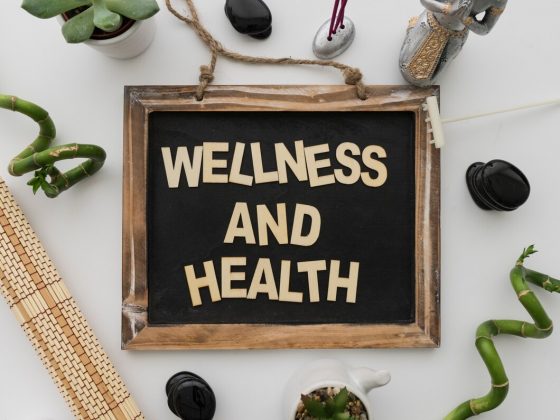The concept of being single has evolved dramatically over the years, changing the narrative around relationships and making it clear that the old blueprint of coupling up isn’t the only path to fulfilment.
These days, the mantra of “love yourself first” reverberates through the corridors of our lives, suggesting that the most important relationship we can cultivate is the one we have with ourselves. Self-help books and motivational speakers champion the idea that there is tremendous power in being on your own and loving yourself. They argue that everything else will fall into place once you master self-love. This isn’t just a feel-good aphorism; it’s a paradigm shift that encourages singles to see solitude not as a sentence, but as a space for self-discovery and growth.
Of course, being single means different things depending on your age.
For many, particularly as they navigate their 20s and 30s, being single is less about a lack of options and more about a deliberate choice for personal growth. The freedom to chase career ambitions, travel on a whim, and craft a lifestyle without compromise is increasingly appealing. However, this perspective can shift noticeably as one transitions into their 40s and beyond. Here, the societal chatter about the ‘tick-tock’ of biological clocks and the ideal family setups gets louder, and for some, the solo journey begins to feel a tad lonelier.

This societal pressure can often be more pronounced for women. There’s a lingering taboo surrounding “loneliness,” especially the image of an older, unmarried woman. Despite progressive talks, the stereotype of the “lonely old maid” still haunts many, suggesting that a woman’s value is tied closely to her marital status. But this really isn’t the case, as loneliness and being alone are not synonymous, and the current societal shift is beginning to embrace this truth. Take, for example, Emma Watson, who famously described herself as “self-partnered” rather than single. This rebranding of singleness is empowering and reshapes how we perceive those who choose not to be in a relationship. It tells us that being on your own doesn’t equate to being alone in a negative sense but instead being whole and complete in yourself.
A 2019 study found that single people often have stronger social networks than their married counterparts. They maintain more robust connections with friends, family, and their communities, which are vital for overall well-being. Additionally, they tend to have more time and freedom to pursue personal interests and hobbies. There is also the unpopular conversation regarding the evolving paths to parenthood. More single women are turning to options like surrogate motherhood and sperm banks to fulfil their desires to raise children. This shift challenges the traditional family model and underscores a broader theme: family and fulfillment are personal, and they don’t follow a one-size-fits-all formula.
To be clear, this isn’t an argument against relationships.
Especially as on the flip side, we cannot ignore the real emotional and psychological challenges that can sometimes come with prolonged singleness in a society that often doesn’t support it. Loneliness is a legitimate feeling and can affect anyone, single or not. However, addressing loneliness isn’t about finding a partner but about finding meaningful connections and pursuits that fulfil you.
Traditional narratives have long hailed the virtues of married life—shared experiences, the joys of raising children, and the support system that a family often provides. This isn’t lost on those who dream of growing old surrounded by loved ones, where the notion of family is integral to their sense of fulfillment.
So, is it okay to remain single forever? The real question should be, are you happy with the life you’re creating for yourself? Because at the end of the day, whether you’re single, married, or somewhere in between, the most important relationship is the one you have with yourself. As Oscar Wilde wisely noted, “To love oneself is the beginning of a lifelong romance.” And that’s a romance worth investing in.













